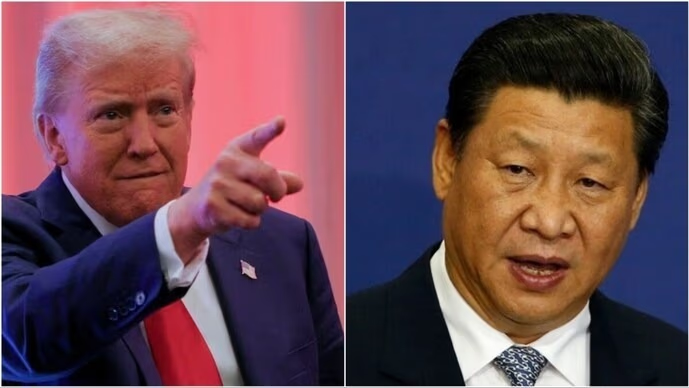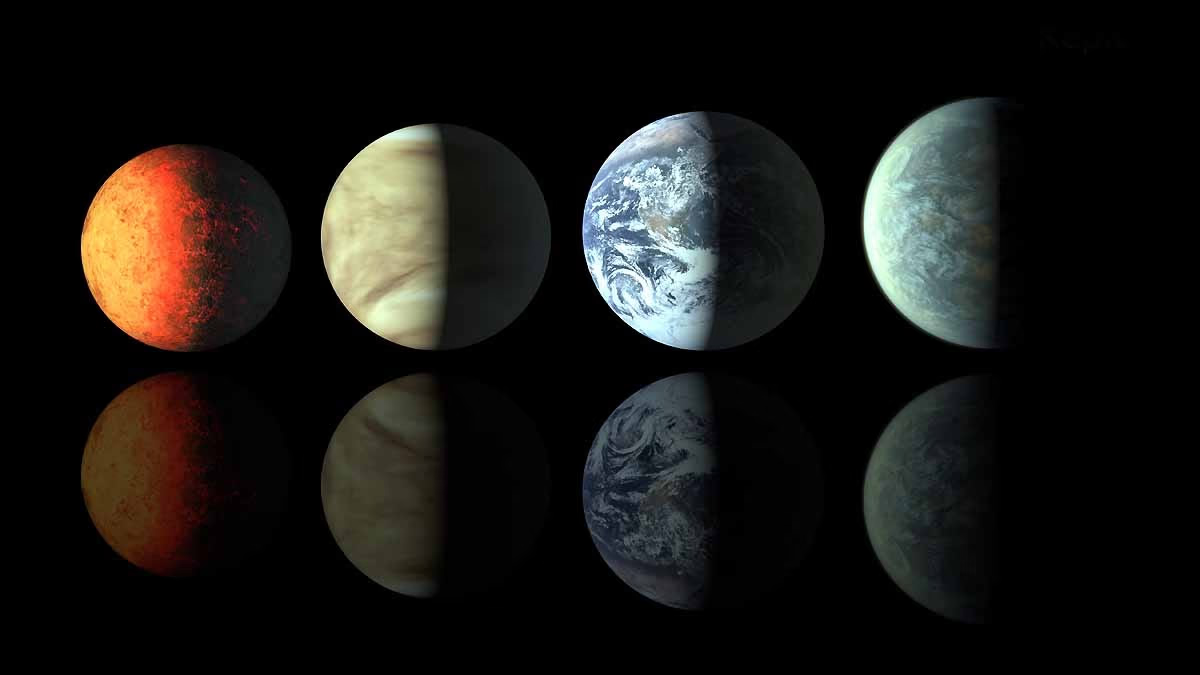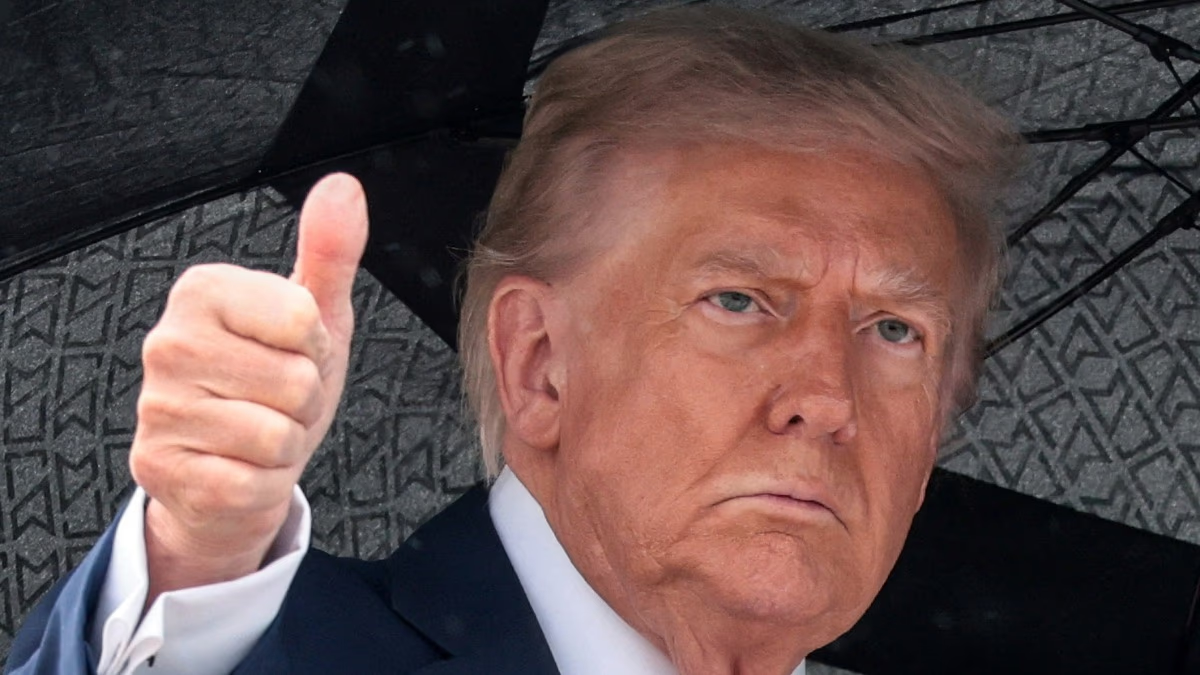In a bold move, President Donald Trump declared fresh trade actions against China on Friday. From November 1, a sweeping 100% additional tariff will take effect on all Chinese imports, along with stringent export controls on crucial software produced in the United States. This measure could potentially intensify tensions between the world's two largest economies.
Taking to social media, Trump accused Beijing of adopting an aggressively unfair trade stance and firmly warned that the US would respond in kind.
Announcing the decision, Trump stated, "Starting November 1, 2025, or even sooner, contingent on any further action or changes by China, America will levy a 100% tariff, in addition to any tariffs currently borne by China."
'Export Bans on Every Product...'
According to Trump, this decision follows reports suggesting that China plans to impose extensive export bans on nearly all its products, a move he described as a moral affront in dealings with other nations.
Trump wrote, "It has just been discovered that China has adopted an extraordinarily aggressive approach to trade. This impact will be felt by every country, without exception, and clearly, this plan was hatched long ago. Speaking solely for America, and not for those nations facing similar threats, we will implement export controls on all critical software starting November 1."
Experts believe that if this step is taken, every sector, from consumer electronics to electric vehicles, already burdened under existing tariffs, could suffer. This marks one of the sternest protectionist actions taken by Washington since the trade wars initiated during Trump's first term.
Read More: 'Trying to Hold the World Hostage...', Trump Criticizes China Again
Trump's announcement followed an earlier post hinting at new duties on Chinese goods and threatening to cancel a meeting with President Xi Jinping. This was a harsh offensive against Beijing, further complicating market conditions and relationships between two of the world's largest economies.
Trump stated there was no need to meet with Xi Jinping, a meeting he had previously announced, though Beijing never confirmed any leader-level meeting.




